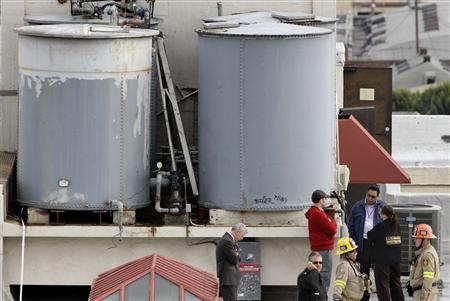M1T Partners recently finalized a preliminary round of funding
for Adoba Eco Hotel, the first independent hotel chain to design, build
and convert fully LEED-certified hotels. M1T’s $75 million investment
is the first round of financing of a five-year, $1 billion plan to
expand Adoba on a national basis.

Adoba's Jim Henderson
The expansion is being conducted through the Delaware-based
investment advisory firm’s fund, which seeks to achieve capital
appreciation while minimizing risk of loss by investing in underfunded
development projects, opportunistic projects and unique situations. The
partnership between M1T and Adoba is “one of a shared vision to create
jobs and transform the hospitality industry with a business model that
benefits developers, hotel owners and investors,” M1T Executive Director
Anthony Gude said in a statement. “Adoba’s growth plan is clear and our
capital investments over the next five years, along with the Jobs
Creation Act, have paved the way for their continued momentum and job
creation.”
Adoba President and CEO Jim Henderson says M1T’s investment not only
“represents the groundfloor of an expansion to make Adoba’s brand a
prominent fixture in major travel markets,” but that it provides
opportunities to build from the ground up, renovate existing buildings
and create green jobs.
NREI talked with Henderson about how going LEED will impact
Adoba and ultimately, in his words, “transform the hospitality
industry.” An edited transcript of that interview follows.
NREI: Adoba is the first independent hotel chain to design,
build and convert fully LEED-certified hotels. Why aren’t there more
LEED-certified hotel chains, and what convinced
Adoba and M1T to take this path?
Unfortunately, in the hospitality industry there has been a
widespread perception that the adoption of LEED-designed hotels,
sustainable procedures and green building technologies still add immense
extra cost that is far in excess of the return on their benefits. That
is no longer the case.
I believe many industry leaders agree to the importance of
sustainability; however, many of the large, branded chains have a clear
gap between their leader’s aspirations and true actions due to their
enormous infrastructure and the far-reaching amount of individual
ownership and ownership groups.
NREI: How will being LEED-certified affect Adoba’s bottom line?
LEED certification boosts economic benefits from savings on energy
costs. Green buildings generate higher resale value, offer greater
marketing and public relations and reduce maintenance cost. Perhaps one
of the most important aspects is their recruiting appeal and retaining
of key employees.
NREI: For the average hotel guest, how will staying at one of
the future Adoba Eco Hotels differ from staying at a pre-LEED-certified
Adoba hotel?
Eco-friendly lodging no longer means roughing it. Green can be
luxurious. When you choose to stay at one of our hotels, you are not
giving up any of the luxuries we’ve become accustomed to. In fact,
Adoba Eco Hotels are the opposite, with our exclusive eco-plush bedding
package and our inventive organic menus paired with regional flavors and
fashionable designs that strike an elegant balance between
earth-friendly and big-city chic. Our new designs are completely
sustainable; a true showcase of sustainable innovation met by the
highest standards in hospitality.
NREI: What do you think the future holds for eco-friendly hotels? Can the hotel industry afford not to go green?
We believe “Think global, act local.” Sustainability is a powerful
and defining idea. It will become a key performance indicator for
hotels of the future. With the evolution of technology around
eco-friendly practices and sustainable designs, management and reporting
will continue to forge a path of greater integration into mainstream
hotel operations. It will become a critical operational measurement
objective of the hotel just like revenue, quality and service.
Hotels can’t afford not to go green. Increasingly businesses,
especially in an industry as large as tourism, are expected to find ways
to be part of the solution to the world’s environmental challenges.
Innovative companies such as the Adoba Eco Hotel Brand will find ways to
turn that responsibility into opportunity and identify actions that
have the greatest impact on achieving both the environment and
ownership’s objectives.












